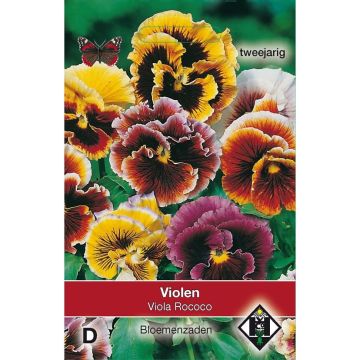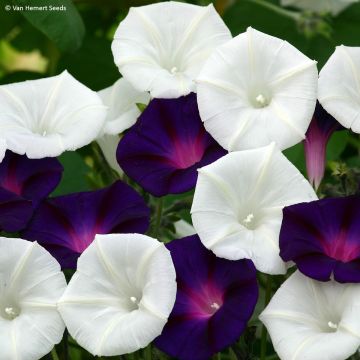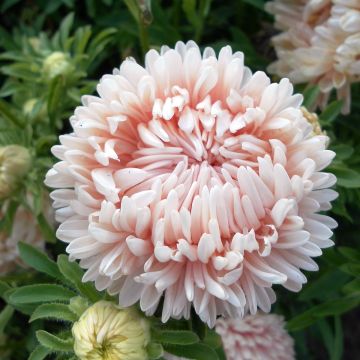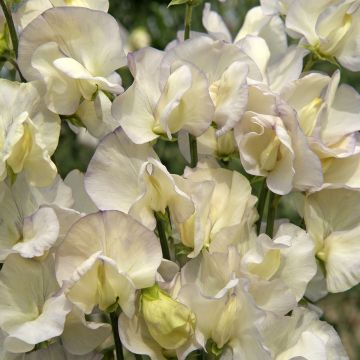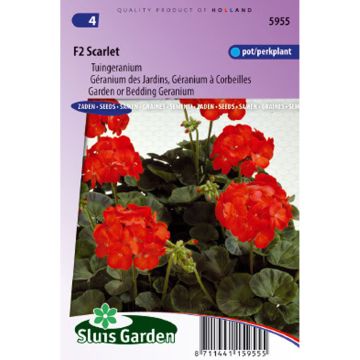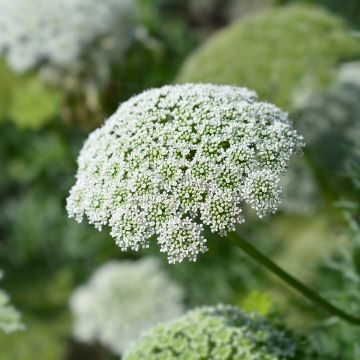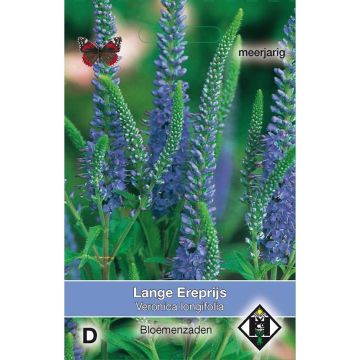Shipping country and language
Your country of residence may be:
Your country of residence is:
For a better user experience on our website, you can select:
Your shipping country:
Andorra
Austria
Belgium
Bulgaria
Canada
Chile
Croatia
Cyprus
Czechia
Denmark
Estonia
Finland
France
Germany
Greece
Hungary
Iceland
Ireland
Italy
Latvia
Lithuania
Luxembourg
Malta
Monaco
Netherlands
Poland
Portugal
Romania
Slovakia
Slovenia
Spain
Sweden
Switzerland
United Kingdom
We only deliver seed and bulb products to your country. If you add other products to your basket, they cannot be shipped.
Language:
French
German
Spanish
English
My Account
Hello
My wish lists
Plantfit
Log in / Register
Existing customer?
New customer?
Create an account to track your orders, access our customer service and, if you wish, make the most of our upcoming offers.
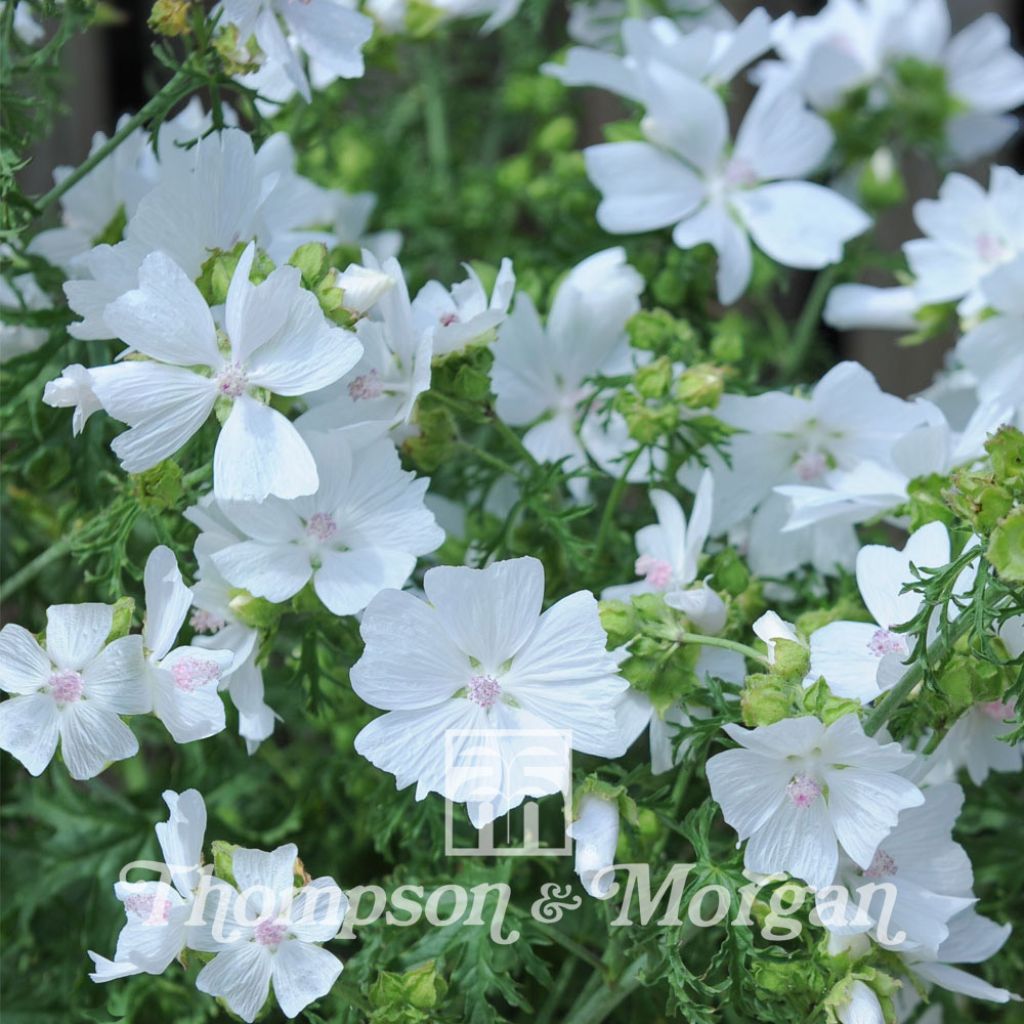

Malva moschata Snow White - seeds
Malva moschata Snow White - seeds
Malva moschata Snow White
White Musk Mallow seeds
For all these seeds, I think xxthe cold spring
Laurence C., 26/08/2019
Order in the next for dispatch today!
Dispatch by letter from 3,90 €.
Delivery charge from 5,90 € Oversize package delivery charge from 6,90 €.
More information
This item is not available in your country.
Shipping country:
Andorra
Austria
Belgium
Bulgaria
Canada
Chile
Croatia
Cyprus
Czechia
Denmark
Estonia
Finland
France
Germany
Greece
Hungary
Iceland
Ireland
Italy
Latvia
Lithuania
Luxembourg
Malta
Monaco
Netherlands
Poland
Portugal
Romania
Slovakia
Slovenia
Spain
Sweden
Switzerland
United Kingdom
Schedule delivery date,
and select date in basket
This plant carries a 6 months recovery warranty
More information
We guarantee the quality of our plants for a full growing cycle, and will replace at our expense any plant that fails to recover under normal climatic and planting conditions.
Seed-only orders are dispatched by sealed envelope. The delivery charge for seed-only orders is 3,90 €.
Would this plant suit my garden?
Set up your Plantfit profile →
Description
Malva moschata Snow White, also known as musk mallow 'Snow White', is a dwarf and compact variety that forms small, bushy plants covered in sparkling, fully open, snow-white flowers in summer. Its lobed and velvety foliage emits a particular, slightly musky aroma when crushed. This perennial, robust plant is easy to sow and grow in the garden. It will fit well in natural borders and country gardens, even in poor and dry soil.
Malva moschata is a herbaceous perennial plant native to Europe and North Africa with a woody base, belonging to the mallow family, like marshmallow and hollyhocks. In the wild, it grows spontaneously in dry areas, fallow land, meadows, or on slopes. The 'Snow White' cultivar is a dwarf form that forms compact, branched clumps 30 to 38 cm (12 to 15in) in all directions, when in bloom. Its white flowers with 5 flat, cup-shaped petals, 4 cm (2in) in diameter, appear from June to September. They are pure white and fully open in bright sunlight, revealing a centre of pink stamens. As the light becomes less intense, they close completely. The flowers are so numerous that they cover the foliage. In humid climates, this plant is sometimes prone to rust, which stains its beautiful, narrow, dark green, velvety-textured leaves. When crushed, these leaves emit a strange fragrance, combining musk and cheese. The flowers are followed by black fruits containing seeds.
Musk mallow Snow White is a perfect plant for wild or holiday gardens, as it grows and self-seeds (not always faithfully) on its own. It can be grown with simple plants with similar requirements, such as Echinops ritro, Nigella damascena, Linum perenne, Catananche caerulea, and many others. Its compact habit allows it to be grown in pots on the terrace, where it will look beautiful mixed with Malva sylvestris Zebrina, for example.
Flowering
Foliage
Plant habit
Botanical data
Malva
moschata
Snow White
malvaceae
White Musk Mallow seeds
Cultivar or hybrid
Other Thompson and Morgan seeds
Planting and care
Sow musk mallow seeds from February to June or in September-October in pots or containers filled with moist compost and cover with a very thin layer of compost or vermiculite. Place in a propagator or a warm place and maintain at a constant temperature between 15 and 20 ° C. Do not exclude the light as it promotes germination. Keep the surface of the compost moist but not waterlogged; germination usually takes 7 to 21 days.
These plants can also be sown outdoors as soon as the soil warms up, to a depth of 3mm (0in), in well-prepared soil that has been loosened to at least 30cm (12in) deep. Thin out the seedlings, leaving a spacing of 45cm (18in) between plants.
Transplant the seedlings into 7.5cm (3in) diameter pots or containers. Gradually acclimatise them to outdoor conditions for 10-15 days before planting them in the ground, after the last frost, with a spacing of 45cm (18in).
Cultivation:
Musk mallow is an undemanding plant, which thrives in ordinary, well-drained, even chalky and poor soil, as long as it is in a sunny position. In overly rich soil, it will be less long-lived and more prone to diseases such as rust. Prune the plant when the first flowers fade. These plants often self-seed spontaneously.
Sowing period
Intended location
- , onOrder confirmed
Reply from on Promesse de fleurs
Flower seeds
Haven't found what you were looking for?
Hardiness is the lowest winter temperature a plant can endure without suffering serious damage or even dying. However, hardiness is affected by location (a sheltered area, such as a patio), protection (winter cover) and soil type (hardiness is improved by well-drained soil).

Photo Sharing Terms & Conditions
In order to encourage gardeners to interact and share their experiences, Promesse de fleurs offers various media enabling content to be uploaded onto its Site - in particular via the ‘Photo sharing’ module.
The User agrees to refrain from:
- Posting any content that is illegal, prejudicial, insulting, racist, inciteful to hatred, revisionist, contrary to public decency, that infringes on privacy or on the privacy rights of third parties, in particular the publicity rights of persons and goods, intellectual property rights, or the right to privacy.
- Submitting content on behalf of a third party;
- Impersonate the identity of a third party and/or publish any personal information about a third party;
In general, the User undertakes to refrain from any unethical behaviour.
All Content (in particular text, comments, files, images, photos, videos, creative works, etc.), which may be subject to property or intellectual property rights, image or other private rights, shall remain the property of the User, subject to the limited rights granted by the terms of the licence granted by Promesse de fleurs as stated below. Users are at liberty to publish or not to publish such Content on the Site, notably via the ‘Photo Sharing’ facility, and accept that this Content shall be made public and freely accessible, notably on the Internet.
Users further acknowledge, undertake to have ,and guarantee that they hold all necessary rights and permissions to publish such material on the Site, in particular with regard to the legislation in force pertaining to any privacy, property, intellectual property, image, or contractual rights, or rights of any other nature. By publishing such Content on the Site, Users acknowledge accepting full liability as publishers of the Content within the meaning of the law, and grant Promesse de fleurs, free of charge, an inclusive, worldwide licence for the said Content for the entire duration of its publication, including all reproduction, representation, up/downloading, displaying, performing, transmission, and storage rights.
Users also grant permission for their name to be linked to the Content and accept that this link may not always be made available.
By engaging in posting material, Users consent to their Content becoming automatically accessible on the Internet, in particular on other sites and/or blogs and/or web pages of the Promesse de fleurs site, including in particular social pages and the Promesse de fleurs catalogue.
Users may secure the removal of entrusted content free of charge by issuing a simple request via our contact form.
The flowering period indicated on our website applies to countries and regions located in USDA zone 8 (France, the United Kingdom, Ireland, the Netherlands, etc.)
It will vary according to where you live:
- In zones 9 to 10 (Italy, Spain, Greece, etc.), flowering will occur about 2 to 4 weeks earlier.
- In zones 6 to 7 (Germany, Poland, Slovenia, and lower mountainous regions), flowering will be delayed by 2 to 3 weeks.
- In zone 5 (Central Europe, Scandinavia), blooming will be delayed by 3 to 5 weeks.
In temperate climates, pruning of spring-flowering shrubs (forsythia, spireas, etc.) should be done just after flowering.
Pruning of summer-flowering shrubs (Indian Lilac, Perovskia, etc.) can be done in winter or spring.
In cold regions as well as with frost-sensitive plants, avoid pruning too early when severe frosts may still occur.
The planting period indicated on our website applies to countries and regions located in USDA zone 8 (France, United Kingdom, Ireland, Netherlands).
It will vary according to where you live:
- In Mediterranean zones (Marseille, Madrid, Milan, etc.), autumn and winter are the best planting periods.
- In continental zones (Strasbourg, Munich, Vienna, etc.), delay planting by 2 to 3 weeks in spring and bring it forward by 2 to 4 weeks in autumn.
- In mountainous regions (the Alps, Pyrenees, Carpathians, etc.), it is best to plant in late spring (May-June) or late summer (August-September).
The harvesting period indicated on our website applies to countries and regions in USDA zone 8 (France, England, Ireland, the Netherlands).
In colder areas (Scandinavia, Poland, Austria...) fruit and vegetable harvests are likely to be delayed by 3-4 weeks.
In warmer areas (Italy, Spain, Greece, etc.), harvesting will probably take place earlier, depending on weather conditions.
The sowing periods indicated on our website apply to countries and regions within USDA Zone 8 (France, UK, Ireland, Netherlands).
In colder areas (Scandinavia, Poland, Austria...), delay any outdoor sowing by 3-4 weeks, or sow under glass.
In warmer climes (Italy, Spain, Greece, etc.), bring outdoor sowing forward by a few weeks.
